Intestinal disorders
- Side effects
- Intestinal disorders
- Overview
- Post‑radiation proctitis

Intestinal disorders
Radiation used to treat prostate cancer can also irritate the rectal wall and cause inflammation of the intestines, strong cravings, diarrhea, blood in the stool, and fecal incontinence (loss of regular bowel control).
Intestinal disorders
These effects are usually temporary, but in rare cases may be permanent. New imaging techniques and more precise radiotherapy methods have reduced the risk of these complications. Radial prostatectomies have a very low risk of rectal lesions.
Related symptoms
- Diarrhea
- Inflammation of the rectum and anus (proctitis)
- Pain
- Itching
- Spasms, cramps
- Hemorrhoids
- Occlusions or intestinal perforations (rare)
Bowel functions usually return to normal after treatment. However, some side effects, such as intestinal occlusion due to stenosis (narrowing caused by scar tissue or intestinal bleeding), can occur months or even years after radiation therapy. A medical assessment—checkups, exams, and blood tests—can also include the screening for colorectal cancer. The radiotherapy team can also suggest different ways to relieve diarrhea, itching, and hemorhoids.
Treatment options for rectal disorders
- Dietary changes
- Bowel retraining
- Anti‑inflammatory drugs, corticosteroids, or mediation to reduce spasms
- Treatments with argon laser
- Surgery, if the disorder is severe enough
What is proctitis?
Most men who undergo radiotherapy for prostate cancer develop proctitis. Proctitis is a condition caused by inflammation of the anus and rectal wall. Proctitis can cause alarming symptoms and discomfort almost immediately after starting radiation therapy or once treatments are completed.
Acute proctitis occurs within the first three months following radiotherapy, while chronic proctitis may last longer and symptoms may only occur several months (between 8 and 12 months on average) after treatment has stopped. Adequate treatment and measures can control symptoms in the majority of acute proctitis cases; however, treating chronic proctitis is more difficult.
Causes and risk factors
Proctitis associated with prostate cancer is attributable to radiation treatments to the pelvic region. During treatments, a high dose of radiation is focused on the area near the rectum that damages healthy tissues while also treating the cancer. Studies on external beam radiation have shown that incidences of proctitis vary greatly.
Clinical signs of rectal lesions caused by radiation can include diarrhea and tenesmus (the persistent need to empty the bowel or bladder, even if your bowels are empty). In addition to diarrhea and rectal pain, patients can also experience lasting complications like bleeding. Severe bleeding is linked to chronic changes in the rectal wall; blood vessels are fragile and in cases of minor lesions, can bleed easily.
Symptoms
Acute post‑radiation proctitis is very common. For a small percentage of patients, the severity of symptoms necessitates an interruption of one’s treatment. Symptoms include:
- Need to empty the bowel or bladder
- Diarrhea
- Minor rectal bleeding
- Nausea
- Cramps
The majority of these symptoms will disappear within a few weeks of completing your radiation therapy. Five to ten percent of men undergoing radiotherapy develop chronic radiation proctitis. The symptoms compounded with the discomfort of chronic proctitis can have far greater consequences on the patient’s quality of life. In addition to those listed above, other symptoms include:
- Severe bleeding
- Fistulas
- Bowel obstructions
- Strictures
- Perforations
Treatment depends on the severity of symptoms
- In most cases, anti‑inflammatory tablets or suppositories are a good treatment for reducing inflammation and minimizing bleeding caused by proctitis.
- A stool softening laxative is also often recommended if the patient finds that his stool is hard or he is suffering from constipation. Both conditions increase the risk of painful defecation and irritation of the anus and rectum.
- Analgesics to relieve stomach or rectal pain and antidiarrhetics to control diarrhea may be recommended as needed.
- In some cases, small vessels can be burned with an argon laser or other more invasive treatments.
Change your diet
- Replace the loss of fluids by drinking plenty of water, juice, or clear broth to prevent dehydration in case of diarrhea.
- Avoid milk and dairy products. When the bowels are irradiated, it does not produce enough enzymes, particularly lactose. The body needs lactose to digest milk and dairy products. Ask your doctor if you can eat products containing lactose or use tablets or drops to help you digest it.
- A diet low in fat and fiber can help you control proctitis symptoms. Check out our Nutrition and healthy body section for more information.
Additional Information - Side effects
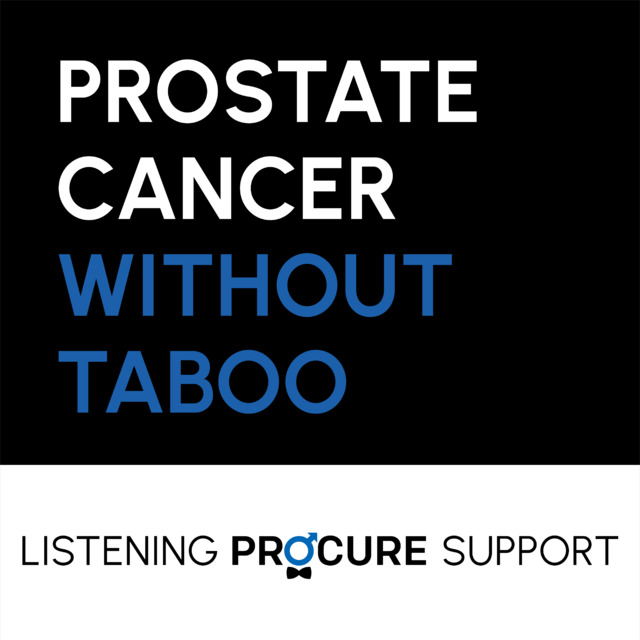
Urologist’s advice: Treatments and information on prostate cancer
Learn more about the role of the urologist and the importance for a patient to gather adequate information after receiving a prostate cancer diagnosis.
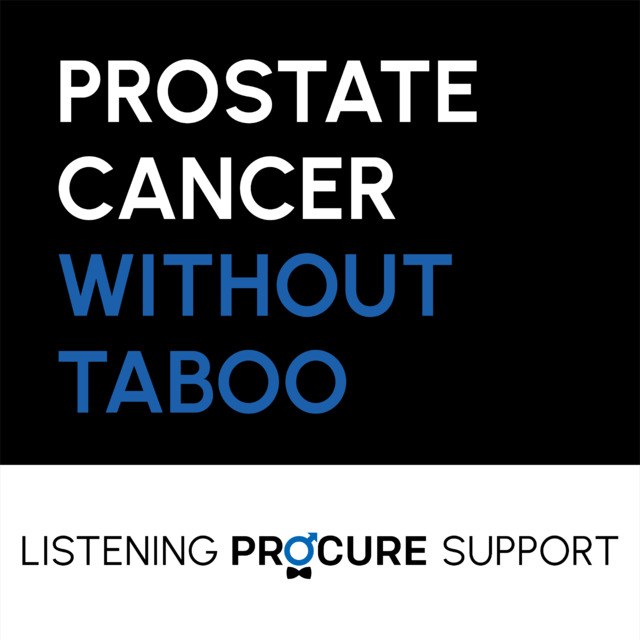
How I coped with prostate cancer
A man with prostate cancer shares the challenges of his cancer experience.
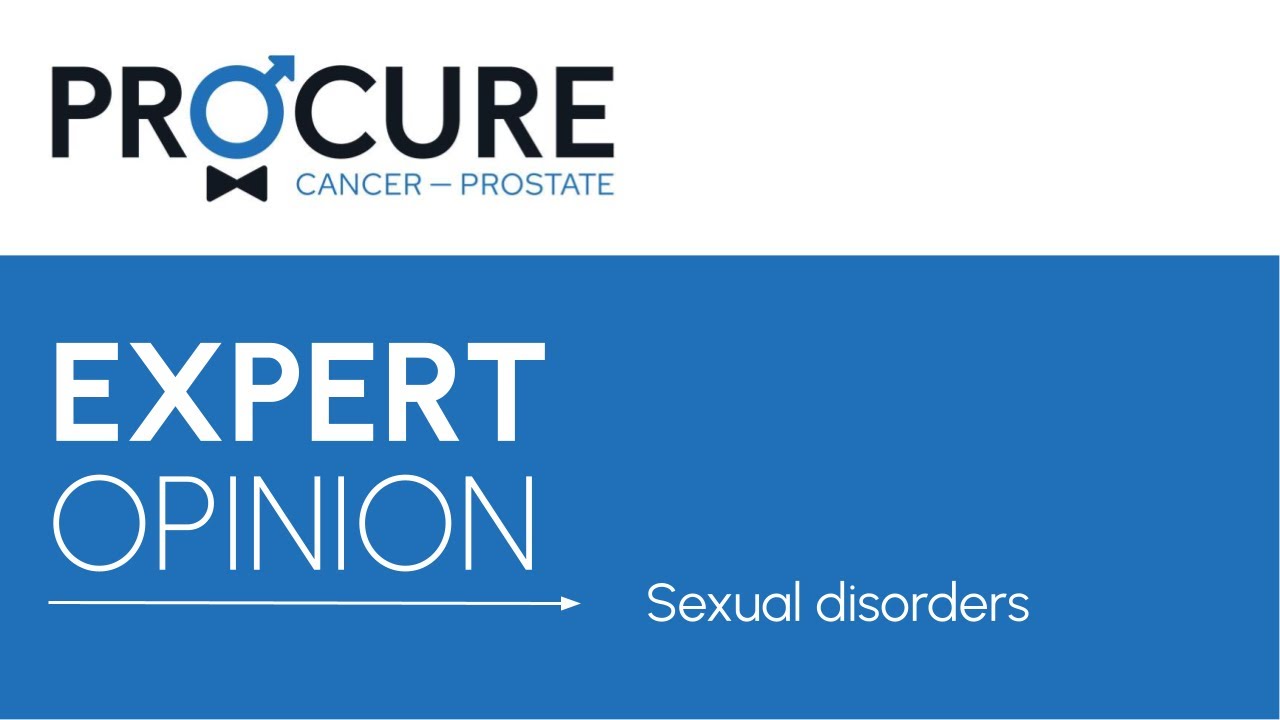
Expert Opinion: Prostate Cancer and Sexual Disorders
How to manage erectile dysfunction after treatment?
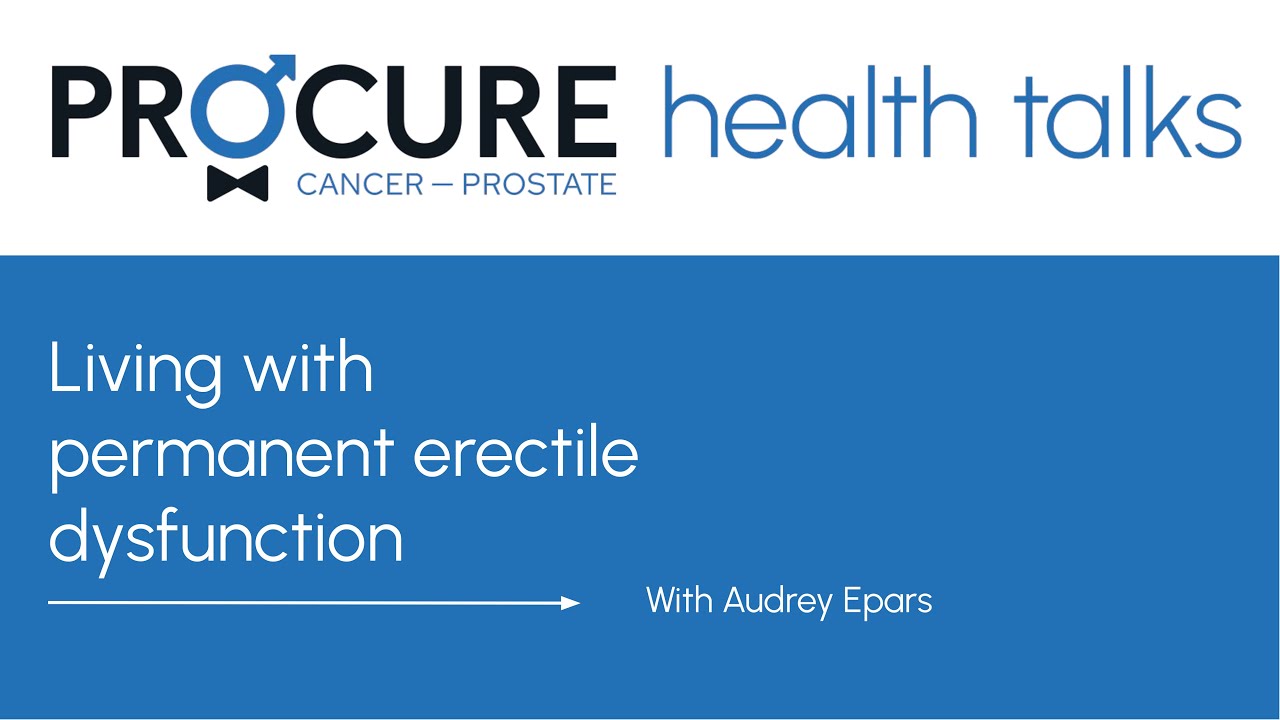
Living with permanent erectile dysfunction
Managing permanent ED after prostate cancer is delicate. Discover strategies to cope with it.
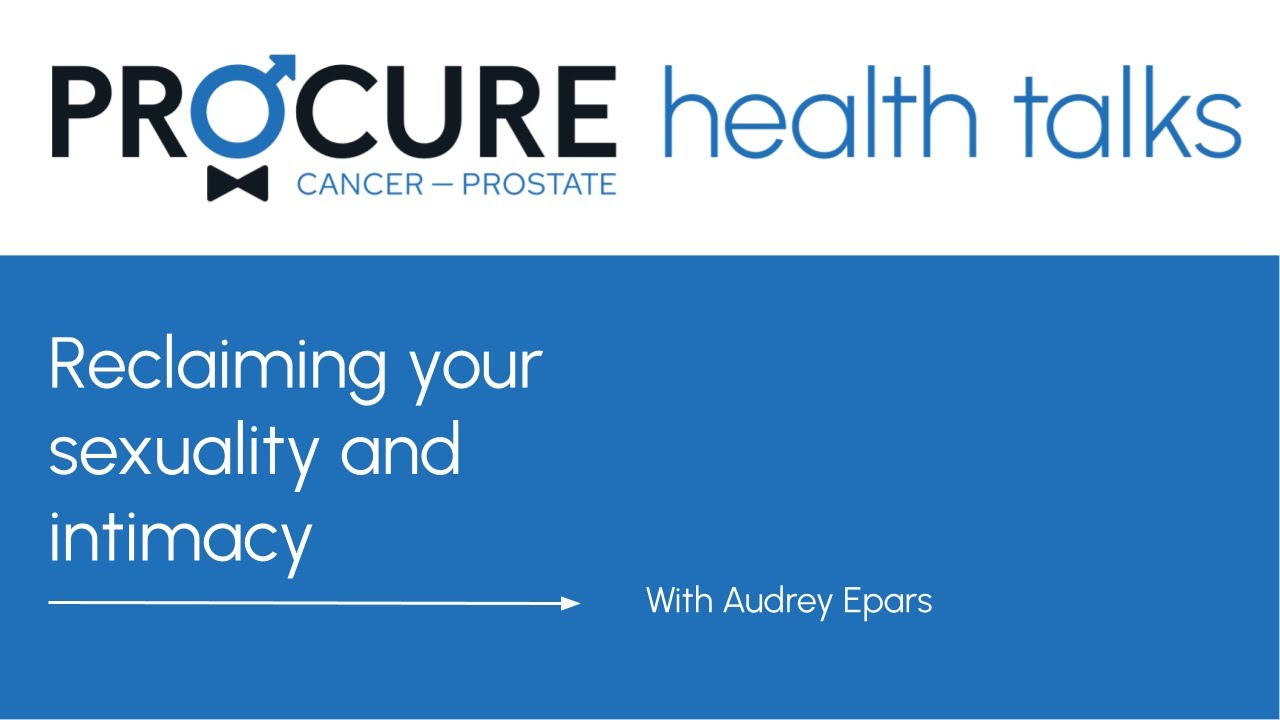
Temporary erectile dysfonction due to treatement
Watch this webinar for advice on regaining your sexuality and redefining intimacy and self-image after prostate cancer treatment.
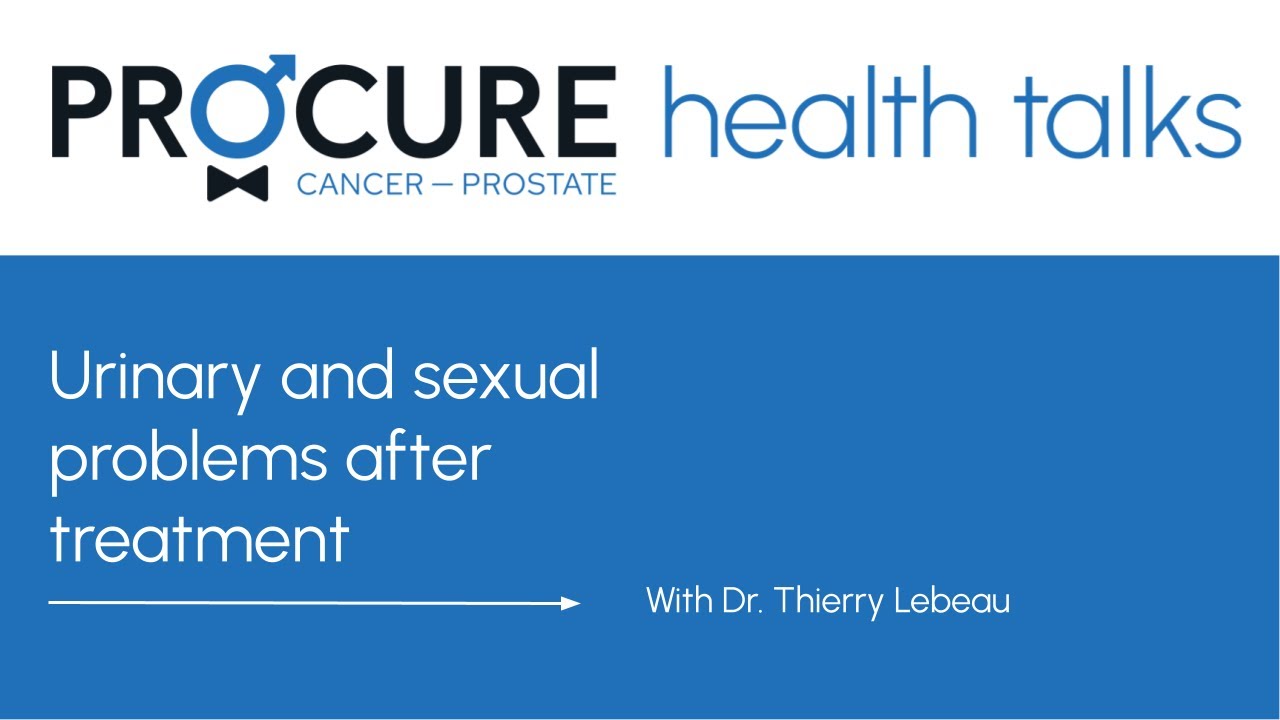
Urinary and sexual problems after treatment
Prostate cancer treatments can lead to side effects, such as erectile dysfunction and urinary incontinence, which vary in intensity and duration.
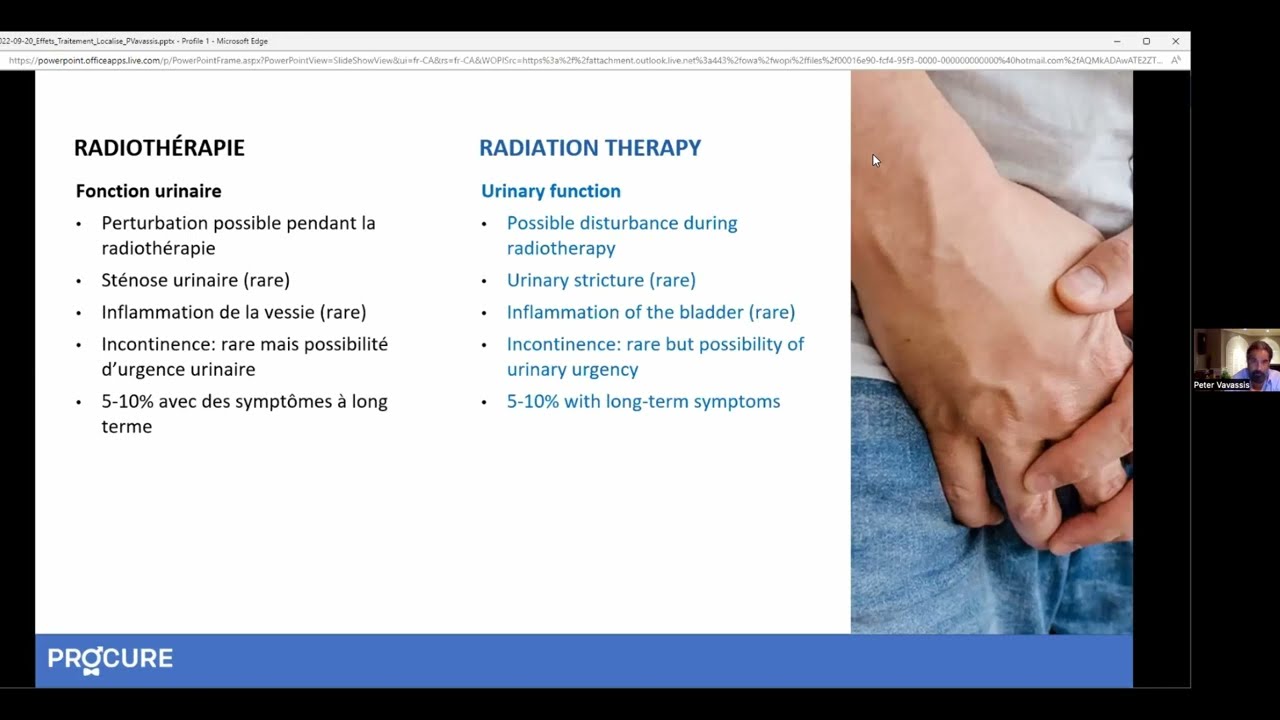
Urinary, sexual or intestinal problems
This webinar offers guidance on managing urinary, erectile, and intestinal functions after prostate cancer treatment.
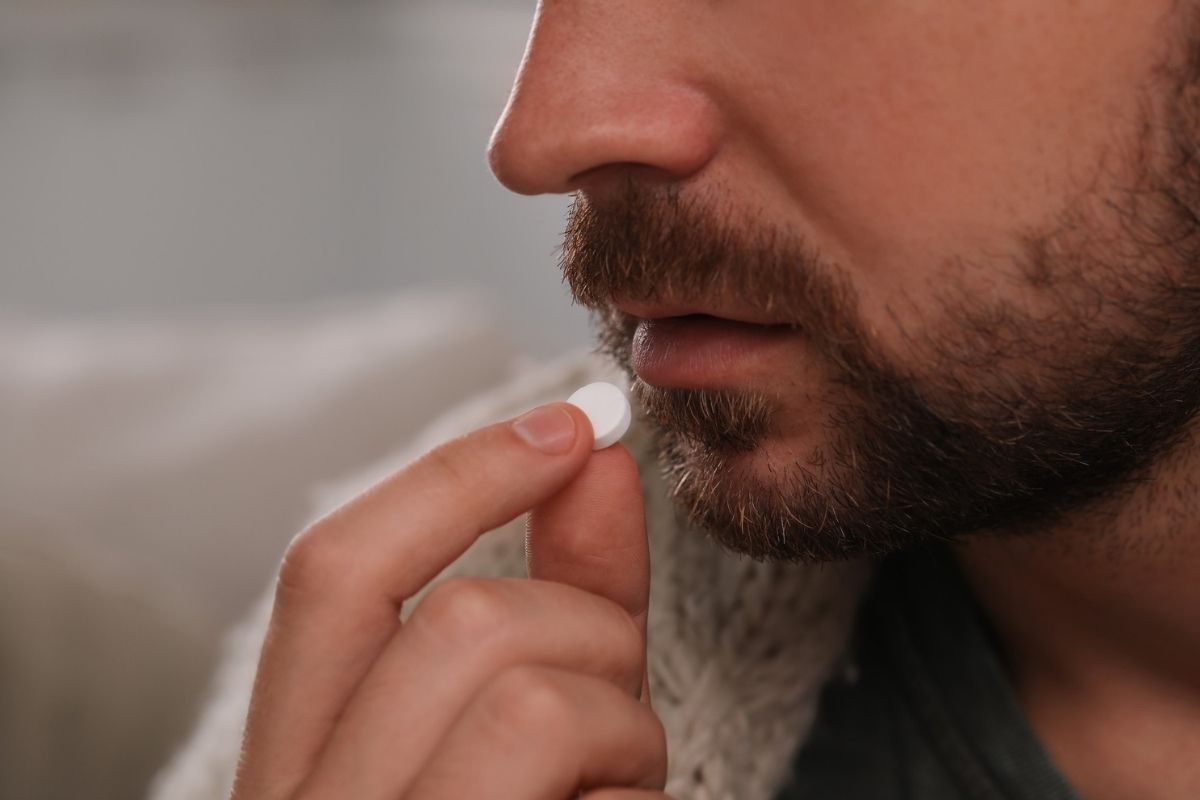
Do your medications cause erectile dysfunction?
Aside from prostate cancer treatments, if you experience erection problems such as erectile dysfunction, it’s crucial to understand that this can be related to various causes. Often, erectile dysfunction is triggered by reduced blood flow to the penis or issues affecting the nerves responsible for erection. These situations frequently arise from other health problems such […]
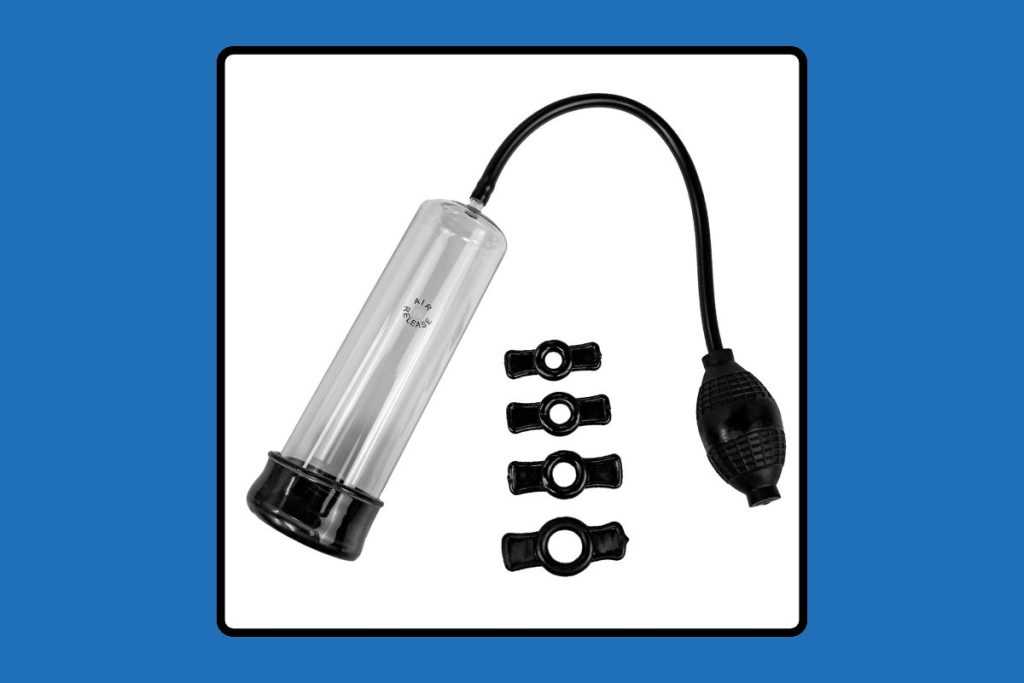
Vacuum erection devices: What you need to know
Vacuum erection devices (VEDs), or penile pumps, are a non-invasive solution for men experiencing erectile dysfunction (ED), particularly after radical surgery to treat prostate cancer. These devices can help restore erectile function, improving quality of life and intimacy. Let’s explore what to look for when buying a VED, the benefits of choosing a medical-grade device, […]

Living with permanent erectile dysfunction in 5 points
Living with permanent erectile dysfunction in 5 points outlines the essential considerations in navigating this reality. These tips serve as guiding principles to assist individuals, whether they are in a relationship or facing this situation alone. Healthcare professionals are here for you Sexuality is ever-present; it does not disappear with permanent erectile dysfunction. Consult healthcare […]

Sexuality and intimacy in 5 points
Sexuality and intimacy in 5 points addresses specific challenges and opportunities that may arise after treatment for prostate cancer.

Orgasm without erection?
It is entirely possible for a man to achieve orgasm without an erection or penetration and there are several ways to achieve this.

Food tastes funny…!
I feel like one of the worst effects was losing my taste buds. Everything I tried to eat tasted funny. So why food tastes funny?

I am a little bit diabetic
My doctor informed me that I am a little bit diabetic and that I will have to make important changes to my lifestyle.

Will the effects of hormone therapy disappear?
Hormone therapy is used to prevent your body from secreting or using testosterone. But what about the side effects of hormone therapy?
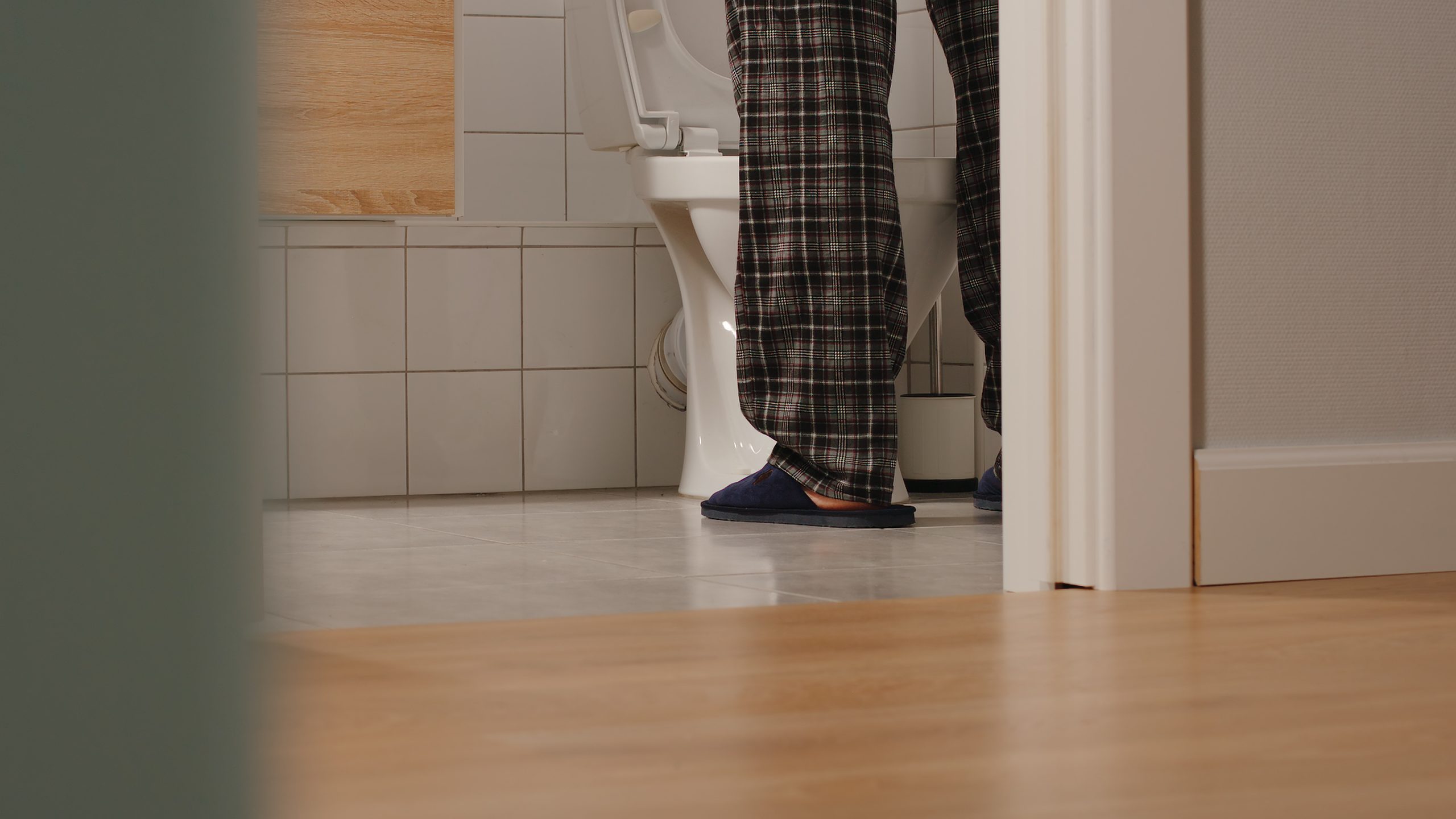
Why am I urinating my semen
If you are wondering why you urinate your semen, the answer is that you have what is called retrograde ejaculation.
Sources and references
Last medical and editorial review: April 2024. See our web page validation committee and our collaborators by clicking here.

